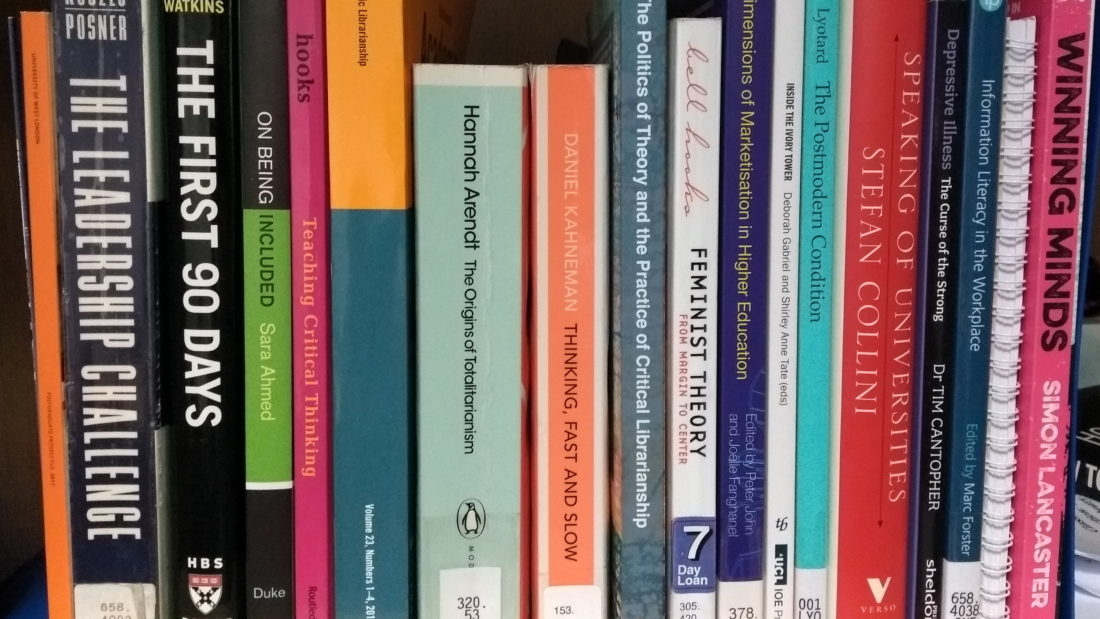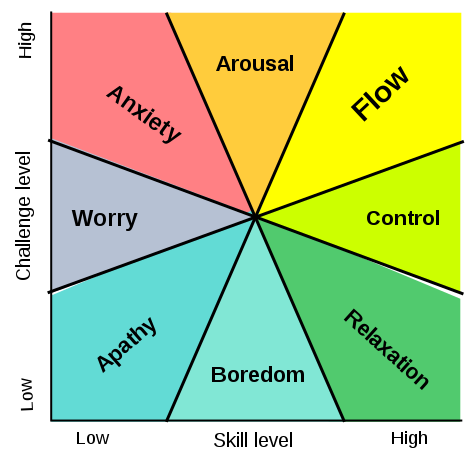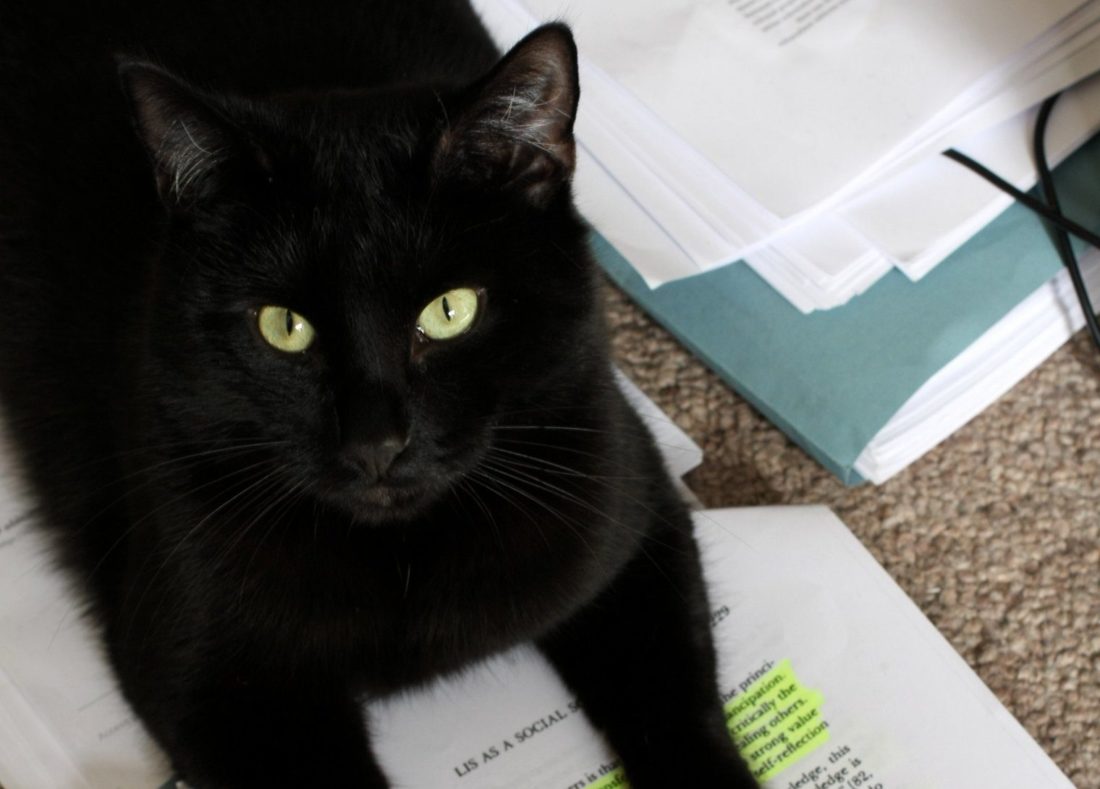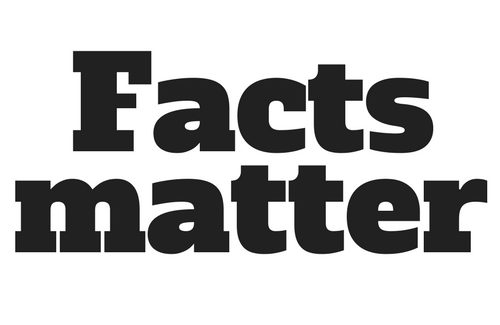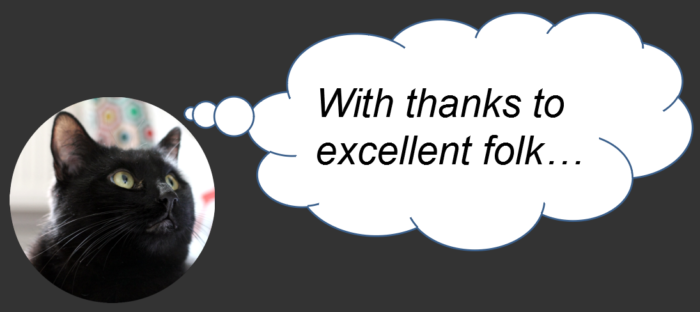I completed the Cilip Chartership professional registration process last year and since then wanted to write something about how it can be used as a way of ‘learning about how to learn’ in a senior role, how that process has influenced my approach to learning and development, and some of its limitations. I was preoccupied working on another thing (here is a thread about that), and just returning to this now I have some time.
One reason I initially embarked on Chartership was because mentoring from a particular person was available through this route, and I decided to ask her directly. I expected, and found, this mentoring to be highly inspirational and motivating. However, as with any process of learning and development by the end I’d travelled some distance. On looking back, my view of things was very different when I compared my initial expectations of the mentoring process with what I had actually learned reflectively.
Briefly, the most important things I learned from this mentoring relationship are:
- The centrality of reflective practice as a way of thinking and a method to inform one’s self-determined learning.
- The importance of an interpretive awareness and about our wider sector and political contexts, in understanding how libraries can both support and shape our institutions’ missions.
- The value of an authentic style of leadership counterbalanced with acknowledgment of the difficulties in enacting and maintaining such a style.
Below I will concentrate on the first two of these points, with the third on leadership style perhaps something for a future blog post.
What can Chartership do?
Interpreted as a set of tools, Chartership provides a framework for assessing and seeking the development needed to build one’s skills and knowledge in a structured way. Beyond the individual—or the personal—this knowledge includes one’s organisational contexts and, importantly, the wider sector and professional contexts we operate in. As knowledge of these organisational and professional contexts form two of the three assessment criteria for Chartership, this is baked-in to the process.
I think this wider understanding is key to building the awareness needed to be effective within more senior roles which are necessarily generalist and require a new, self-directed form of identity construction to grow into and inhabit. This generalist identity is one in which we need to make effective use of the in-depth knowledge we bring with us from those specialist roles we’ve held in the past, but is appreciative that our work within a wider context is a default mode of working. I think also this type of awareness is that which enables us to develop more wider-ranging structural critiques of our work and practice—the kind of critique which re-imagines new possibilities for practice or develops counter-discourses.
Within higher education, I’ve found this means being willing to develop understanding about other professional services’ work (for example, reading their professional and scholarly journals) and current awareness of debate in discussion within their areas. Interestingly, I’ve personally not seen that much importance placed on this type of wider awareness in development of leaders at assistant director or ‘head of …’ level. It seems more often the case our focus is on how library services support students’ learning and academics’ teaching and research, rather than seeing libraries as part of a professional services whole within the university. This understanding was, however, something I found particularly key to understand during Chartership.
Interpreted as a process, Chartership provides a framework for making reflective practice central to one’s own agentic, or self-determined learning. The latter is also called heutagogy, described by Stewart Hase and Chris Kenyon (2000) as an holistic model of learning that supports development of capability, rather than just competency. Personally, through this process I’ve come to appreciate reflection, and its expression in practice, as a core skill for lifelong learning that can be relevant to all library roles. Combined with focused reading of our professional body of knowledge (theory) and current awareness I see this as a key workplace information literacy skill for library workers to weave into their practice.
What I found particularly enabling within Chartership is a focused purpose for developing these abilities and applying them to practice. This is one thing that supports the ‘actually doing it’ of developing a theoretically-informed reflective practice. The core of the Chartership submission is the reflective evaluative statement with its very spare 1,000 word limit; this is supported by one’s selection of evidence. Much of this evidence required for the submission can be created by reflective writing, which the Chartership handbook characterises as,
“… your response to experiences, opinions, events or new information. It is a way of thinking to help you to explore your learning and gain self-knowledge. Most importantly it is your personal reaction to the situations you encounter and is invaluable when aiming to get the most out of your learning experiences.
Reflective writing is not pure description, judgement, or instructions.”
Cilip (2014, p.15)
Over time, I found this requirement honed my ability to think and write reflectively as an ongoing part of practice. Sometimes I realised that I would need to write a reflective account about a particular experience primarily to use as evidence, which could become tiresome when I felt the potential for reflective learning and self-knowledge at hand had already been played out through reflective thought. Interestingly though, in having to come back to a problem and reflect on it further through writing, I always found new insights would emerge. I found this was particularly the case when reflecting on the various contradictions within practice, by which I mean ways in which in practise we are able to or fail to live up to the values we espouse. To clarify, by ‘thought’ I do simply mean thinking about a particular question, issue, or experience and working through critical questions about it to try to understand and problematise my assumptions about practice, and also to engage more imaginative elements of reflection—which is something I can combine with other activities like my commute.
Why this learning is difficult
I believe for leaders at all levels a commitment to place self-determined learning at the core of one’s development is important to grow within and into new roles. Although applicable at any level, I’ve found in more senior roles it becomes much more necessary. It may sound odd, but roles with more positional power often have more constraints and limitations in what is possible.
Firstly, there is the issue of availability or existence of training and development programmes for your area—realistically, what you really need simply may not exist or may not run regularly due to limited demand. (Sconul have created a directory of such leadership courses.) Additionally if a programme targeted to senior people does exist, it is safe to assume it will not be cheap which presents another barrier to access to many institutions. In this situation a self-determined and creative approach to learning, supported by self-efficacy, becomes necessary.
When I say learning is difficult, I mean the process of ‘learning about how to learn’ that comes with a new role that is a move us—about the work, our contexts, and our self-knowledge—is a difficult one. The second issue for those in senior roles in hierarchical organisation is with fewer people at your level you have fewer peers, and that the type of open, reflective conversations that necessarily include a sense of vulnerability become more difficult to have—perhaps impossible—with one’s own organisation. In this context, I became more aware of the limitations of individually-focused reflective thought that I developed within Chartership.
My focus is on critical reflective practice, which in its deeper forms normally implies group working because of the importance placed on learning through dialogue within critical reflection, for example the approach described in Jan Fook and Fiona Gardner’s work. This model of critical reflection is collective by design, but individually-focused reflection obviously lacks the social elements as enablers. I think therefore a key challenge is finding those networks and personal connections which are vital to enable such reflective conversations, whether structured or more informal.
Alongside the experience of being mentored, the single most valuable thing I found to facilitate this learning is getting different perspectives from peers that enable a collective approach to reflection that has reach beyond my own organisational context. To me this meant finding honest and open insight, within a trusted atmosphere that could support a willingness to share. I think this is one reason peer mentoring groups such as the Sconul deputies and new directors groups are so popular and valued by their members, though I also see similarities in the less formal support networks that Natasha Chowdory (2019) calls “library pals”.
On an individual basis this type of reflective learning is something I aim to support and enable colleagues to do themselves and develop as a habit of mind. Personally, I have been delighted to see colleagues use and benefit from reflective models, including critical reflection, in their work and read and share ideas from the literature. However, I do not think it desirable or even possible to compel anyone to do reflective practice. Firstly because there are many frameworks and models to inform reflection, I feel practitioners do best to assess them and understand which, if any, will work for them within their social context and environment. I also no longer recommend a particular model of reflective practice, having changed my mind on this during Chartership. This is partly because my own preference for critical reflection presupposes knowledge of critical theory to inform what should be changed as a result of reflection—going back to Paulo Freire’s description of praxis as, “reflection and action directed at the structures to be transformed” (2000, p.126). So, I don’t think it is possible to understand and apply critical reflection without critical theory at its core.
Moreover though, I don’t want to compel anyone to reflective practice. This is an ethical principle, but has a pragmatic element connected with reactance. Reactance is a psychological theory that explains that when an individual feels forced into a certain behaviour which limits or removes their freedom, they will react against it. On writing reflectively for Chartership, one of the conclusions I reached about self-directed and self-determined learning what that reactance theory could explain some of the antipathy toward unwanted impositions relating to learning such as being told to “do the reading”. Put formally, in a review of research and scholarship of reactance Benjamin Rosenberg and Jason Siegel note that, “People can also reduce the discomfort associated with reactance by showing hostility toward […] or derogating […] the source of a threat” (2017, p.3).
Finally, the learning that I took from the Chartership process that has proved most enduring are those lessons, summarised above, where I’ve been able to ‘triangulate’ a particular settled position. By triangulation I mean seeking out, listening to and hearing different views on the same concepts and ideas from different theoretical perspectives and traditions, and from colleagues working at different levels and in different roles. This adds to and enriches, rather than replacing understanding drawn from lived experience, and speeding this process up is another reason I feel peer mentoring networks are so effective. In summary, do consider Chartership.
References
Chowdory, N.S. (2019) ‘Support networks aka library pals’, Infopro Tasha, April 8. Available at: https://infoprotasha.wordpress.com/2019/04/08/support-networks/
Cilip (2014) Chartership: a guide for members. Available at: https://www.cilip.org.uk/resource/resmgr/cilip_new_website/professional_registration/chartership_handbook_070314.pdf
Fook, J. and Gardner, F. (2007) Practising critical reflection: a resource handbook. Maidenhead: Open University.
Freire, P. (2000) Pedagogy of the oppressed. 3rd edn. London: Continuum.
Hase, S. and Kenyon, C. (2000) ‘From andragogy to heutagogy’, Ulti-BASE In-Site, December [Online]. Available at: http://pandora.nla.gov.au/nph-wb/20010220130000/http://ultibase.rmit.edu.au/New/newdec00.html
Rosenberg, B.D. and Siegel, J.T. (2017) ‘A 50-year review of psychological reactance theory: do not read this article’, Motivation Science, 4(4), pp.281-300 [Online]. doi:10.1037/mot0000091

